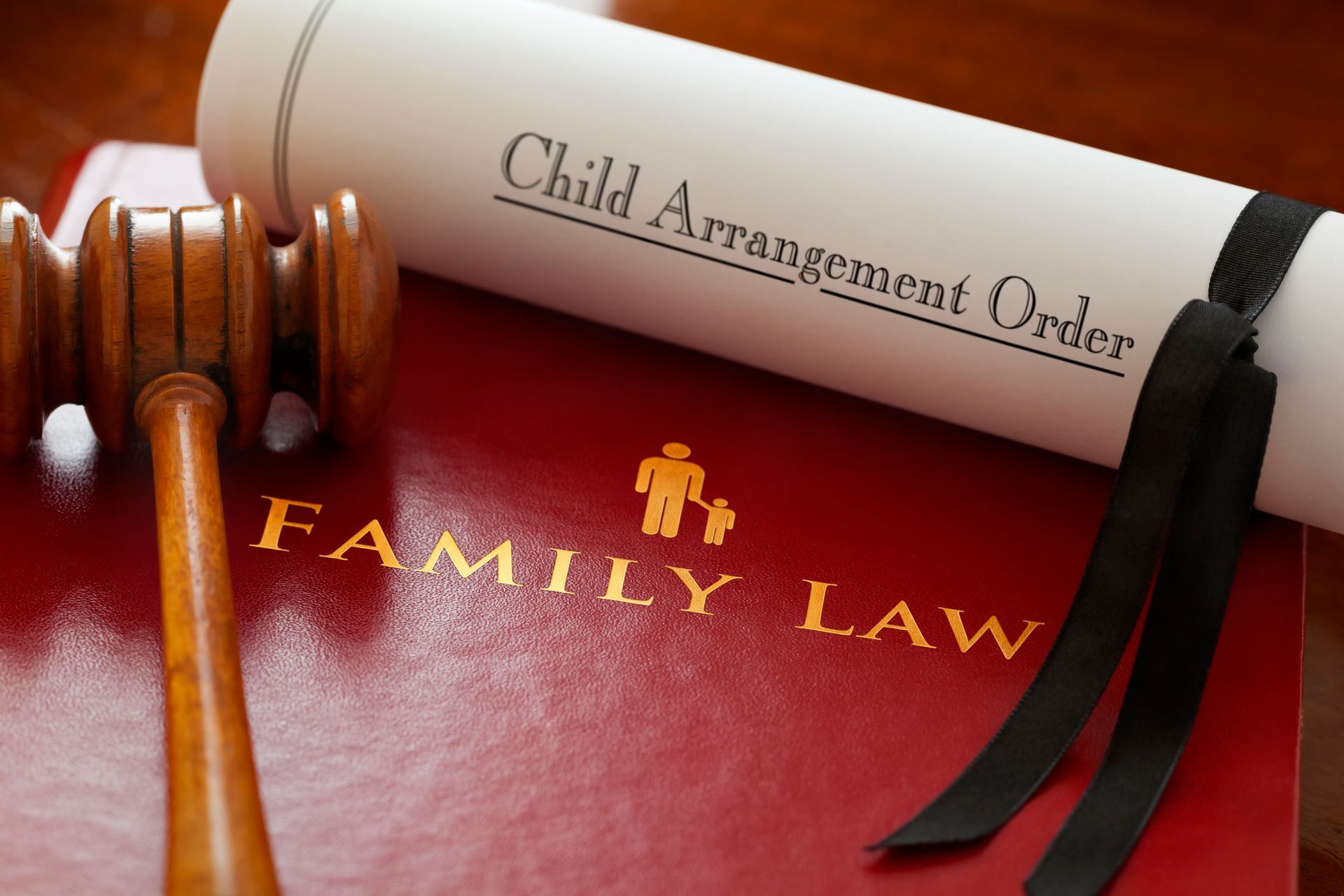Landlords, Take These 6 Steps to Prevent Tenant Problems
Admin • January 22, 2021
When you take on the role of landlord, your tenants are both customers and a source of potential conflict. One important way to protect yourself is to understand how to reduce points of conflict that could lead to legal issues involving your tenants. How can you avoid these future problems? Here are a few important steps to take.
1. Learn About Landlord Law
Even if you have reliable legal counsel, you need to understand your rights and responsibilities to avoid making wrong moves on your own. This is especially important because landlord/tenant disagreements can be very emotional situations and may happen quickly. Rash responses can cause bigger problems.
Landlord/tenant law is usually governed by each individual state, although some aspects — like anti-discrimination rules — are federal law. State laws may be similar to one another, or they may vary significantly. Idaho landlords, for instance, generally follow the common three-day-notice rules regarding lease termination for cause. However, these rules also allow exceptions to this timeline for serious lease violations.
Your state's Department of Housing is a good resource to learn more about proper procedure for things like evictions, returning security deposits, and required language for the lease. Familiarize yourself with the contents of its website. Then, sign up for updates and any free resources like Q&A sessions.
2. Draft Rental Agreements With an Attorney
A well-written rental agreement is vital if you want to later avoid legal trouble and broken contracts. Vague wording, spelling or numerical errors, and missing elements trip up landlords who try to do it on their own.
Because the agreement is a contract, you must include what's necessary to make it binding or it serves little purpose. If you fail to list the exact amount of fees for late payment or for early lease termination, for instance, your tenant has a good case to avoid paying these later on. The best way to ensure that the agreement is legally enforceable is to work with an attorney from the earliest drafts.
3. Provide Written Communication
One of your best defenses against any accusations of wrongdoing is good written communication. This is a good habit to develop as a landlord.
This should start with a written rental contract. Follow up with confirmations of money paid, including security deposits and rent checks. Requests you make of the tenants should be in written form as often as possible. If you have disagreements, try to record your efforts and conversations in writing by using email, text, and hardcopy notices. And when written communication isn't possible, make detailed notes.
4. Avoid Unlawful Harassment
Dealing with problem tenants is a challenge. The temptation may be strong to do things that seem expedient but which could ultimately damage your case. Landlord harassment is often easy to fall into but is against the law.
For instance, a landlord who is frustrated by a demanding tenant might put off making repairs to their unit or could even retaliate by denying the tenant access to amenities that were included in the rental agreement. Unfortunately for the owner, these actions take the onus off the tenant for their bad behavior and put the landlord at risk of legal action instead.
Before you take any actions against a difficult renter, consult with a real estate attorney to determine the scope of what you can and cannot do.
5. Be Proactive About Health and Safety
A landlord's biggest responsibility is the unwritten warranty that they will provide a home that is livable. Many substantiated claims against landlords involve the condition of the rental unit being subpar. Regardless of a tenant's actions (prior to legal eviction), the landlord must continue to provide basic requirements of habitability, including the following:
- Adherence to building codes
- A structurally stable home
- Reasonable repairs and maintenance
- Functional utilities
- Useable trash receptacles
- Common area maintenance
When you proactively take care of these responsibilities, it helps you prevent exacerbating conflicts with tenants and builds a stronger case. And because you own the rental units, acting responsibly protects your financial investment. Remember, tenant challenges are temporary, but your property is long-term.
6. Learn About Conflict Resolution
Because conflicts inevitably arise, developing the art of conflict resolution will serve you well. Your attorney can help you work on your skills. Not only do they know how to avoid breaking the law when dealing with conflict, but they also have experience with negotiation and preventing unproductive escalation. You might also take some formal training in conflict resolution, either online or in person.
A qualified attorney versed in landlord/tenant law in your state is clearly an important part of following many of these steps. Idaho landlords have relied on the assistance of Hart Law Offices, P.C., for more than 40 years. Call today to make an appointment and learn more ways you can make your landlord business free of trouble and more successful.


















